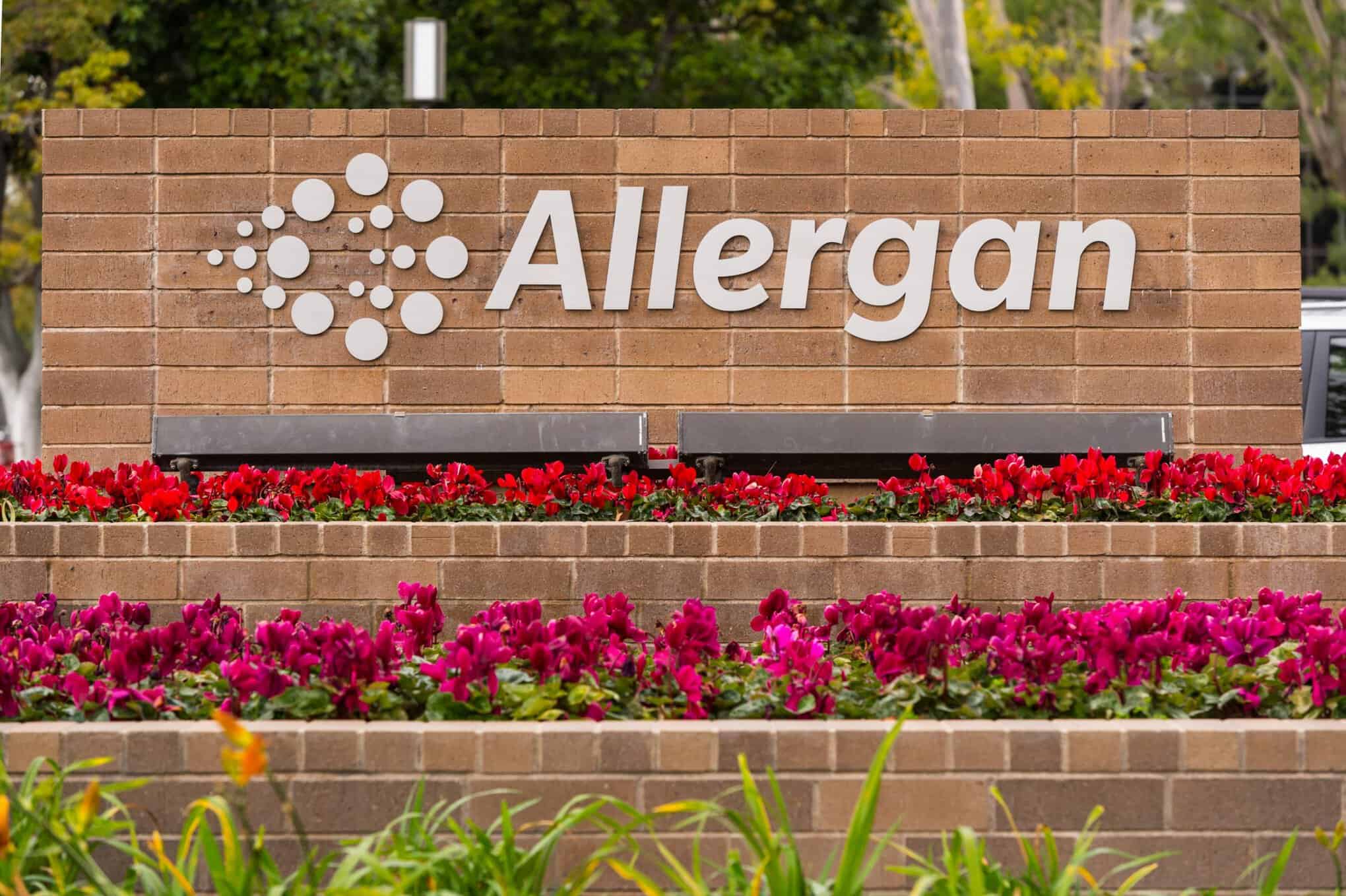
Allergan has topped expectations in what could be its last set of independent results ahead of its merger with AbbVie, due to close later this quarter.
The speciality drugmaker posted a 6.6% sales increase to $4.4bn in the last three months of 2019, around $300m ahead of analyst forecasts, thanks in part of a near 8% gain for botulinum toxin product Botox to just over $1bn.
Dublin-headquartered Allergan said Botox (onabotulinumtoxinA) therapeutic sales rose 6.7% to $566m, bolstered by new indications in paediatric spasticity, including a new FDA approval last October to treat lower-limb spasticity – not caused by cerebral palsy – in patients ages two years and older.
Rival drugmaker Ipsen has market exclusivity for its rival botulinum toxin drug Dysport (abobotulinumtoxinA) in lower-limb spasticity caused by cerebral palsy following its 2016 FDA approval.
Botox’ continuing strength is central to AbbVie’s rationale for its $63bn takeover of Allergan reducing its reliance on it $20bn flagship immunology drug Humira (adalimumab) which is starting to succumb to biosimilar competition, so the strong fourth-quarter performance is a relief for the company.
The sales growth comes despite tougher competition in the market from new migraine drugs as well as rivals like Dysport in its medical aesthetics indications.
Meanwhile, AbbVie’s fourth-quarter results showed that other diversification efforts – including the roll-out of new products in its immunology franchise – are also on course.
Elsewhere in Allergan’s results the picture was a little more mixed. The US specialised therapeutics business – which include Botox – posted just 0.7% growth in the quarter to $1.82bn as medical aesthetics products Juvederm and Restasis posted sales declines.
AbbVie has already announced plans to spin off the medical aesthetics products, including cosmetic Botox, into a separate business unit once the merger takes place
Antipsychotic drug Vraylar (cariprazine) – partnered with Gedeon Richter – has started to gather momentum after a slow start following its approval in 2016, rising 88% to $283m in the fourth quarter and heading north of $850m for the full year.
The dopamine D2, D3 receptor partial agonist for schizophrenia and bipolar disorder could top the $1bn blockbuster threshold, well ahead of analyst forecast of around half that amount at peak just after its approval. A new approval in bipolar depression has contributed to the sales growth.
Allergan chief executive Brent Saunders said Allergan is entering 2020 with “strong momentum”, helped by approvals such as an FDA green light for new acute migraine therapy Ubrelvy (ubrogepant).




